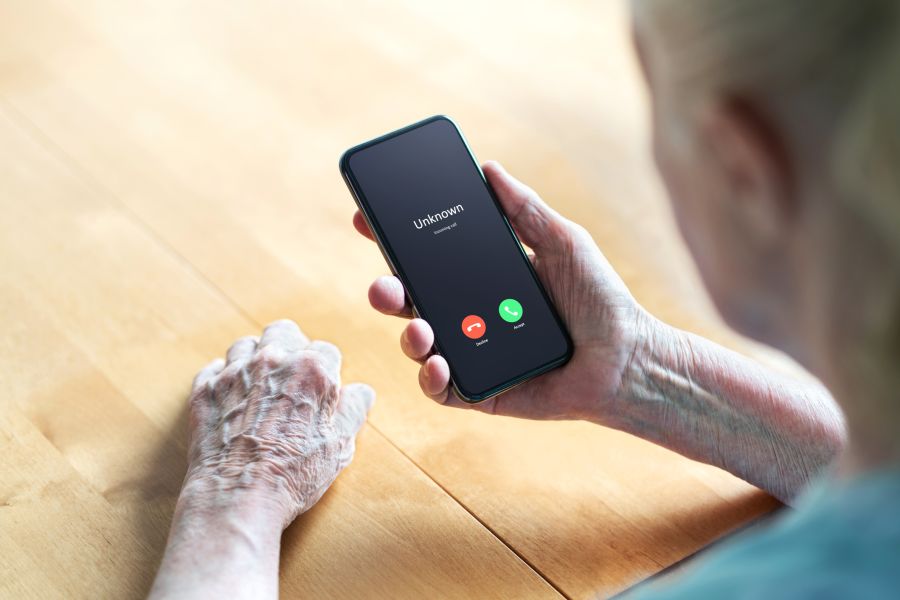ITS is joining government agencies, business coalitions, and private industries to celebrate a new initiative called Vishing Awareness Week. This weeklong campaign aims to raise awareness about vishing (voice phishing) and how you can protect yourself from these popular scams.
What does vishing look like?
Like phishing, vishing scams seek to access your personal information, but using telephone-based scams to contact you. This could be via automated voicemails or robo-calls, or even text messages (also known as smishing) including a phone number, urging you to get in touch:
![Screenshot of a text message that reads "The Late Filing Fee is 5% of your balance each month (up to 25%). Call [spam number] to learn more about interest and penalties."](https://its.weill.cornell.edu/sites/default/files/styles/panopoly_image_original/public/smishing.png?itok=vhKFsKfR) Example of a vishing scam urging you to contact the sender via phone number. (Source: Proofpoint.com)
Example of a vishing scam urging you to contact the sender via phone number. (Source: Proofpoint.com)
Protect yourself from vishing
Here are some tips to identify and avoid vishing scams:
- Ignore calls from unknown numbers. Let the calls go to voicemail and determine if they are legitimate based on the message left.
- Look at the sender for text messages. In the example above, the caller ID is a short 6-digit number, which indicates that it likely came from a telecom or email account. While many legitimate business and organizations use this method to reach out to customers, always be aware that these types of messages could be a vishing scam.
- Don’t give in to scare tactics! Many scammers use urgent or threatening messages to pressure people into providing credit card details, bank transfers, or gift cards. If you’re suspicious, always verify the information by contacting an institution’s customer service hotline.
- Never give out personal information over the phone. A legitimate institution will give the main number to call so that you can verify it’s an official call.
- Join the National Do Not Call Registry. This registry prevents legitimate telemarketers from contacting you, so any other calls that get through are likely scams. The site also allows you to report scam calls. Visit donotcall.gov for more information.
Report vishing
Several government agencies urge people to report all types of scams. Depending on the nature of a vishing attempt, you can visit USA.gov and determine the appropriate agency to report an incident.
Additional resources
To learn more about vishing, check out these resources:

![Screenshot of a text message that reads "The Late Filing Fee is 5% of your balance each month (up to 25%). Call [spam number] to learn more about interest and penalties."](https://its.weill.cornell.edu/sites/default/files/styles/panopoly_image_original/public/smishing.png?itok=vhKFsKfR) Example of a vishing scam urging you to contact the sender via phone number. (Source: Proofpoint.com)
Example of a vishing scam urging you to contact the sender via phone number. (Source: Proofpoint.com)